Types and principle of operation of bladeless fans

Fans have long been affordable and effective devices that help maintain the desired microclimate in an apartment or office. The health, well-being and performance of people in the room will depend on the pressure, temperature, relative humidity, air flow rate of such a device.

Device device
The simplest device for forced air circulation in the room is a fan - an impeller with blades mounted on the motor shaft without a gearbox. All fans with open blades have a very unpleasant "side effect" - noise that occurs due to a sharp change in the speed and direction of the air flow on the blades. At low revs, the sound resembles the hum of a low flying aircraft, at high revs - a whistle.
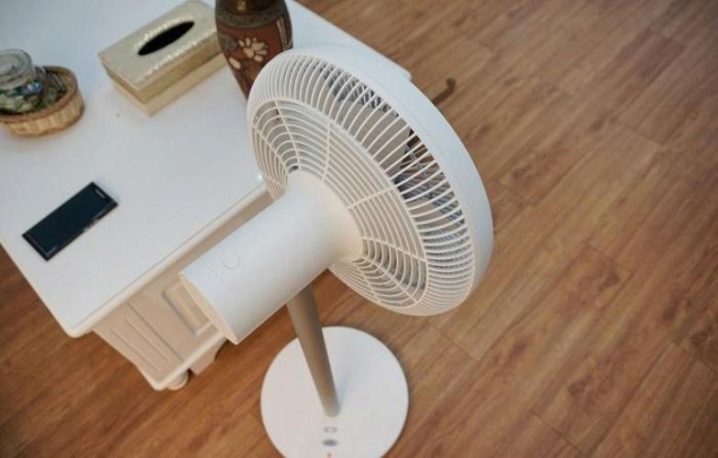
The famous English scientist James Dyson worked for a long time on the creation of a device for convection of air in a room, which works without noise and drafts. He tested Nikola Tesla's idea of accelerating air flow using a high-frequency, high-voltage electric field. Soon, the scientist abandoned this idea - high voltage required good insulation and created poisonous oxides of nitrogen and metals due to a glow discharge between the electrodes.
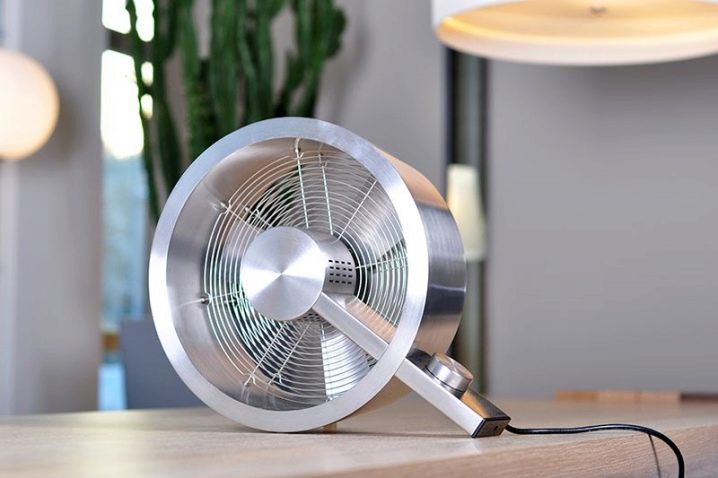
The second idea Dyson tried was his own. He wanted to create a fan without the main drawback - increased noise during operation, arising from a sharp change in the speed and direction of the air flow. The fan casing, reminiscent of an aircraft wing in profile, was made by the scientist in the form of a ring with a slotted slot for air outflow around the circumference. A high speed air turbine without blades, similar in design to a water mill, is located at the bottom of the housing. It sucks in air through the slots and supplies it to the second high-pressure turbine located at the top near the ring. The compressed air is expelled at high speed through a narrow slot in the plastic ring.
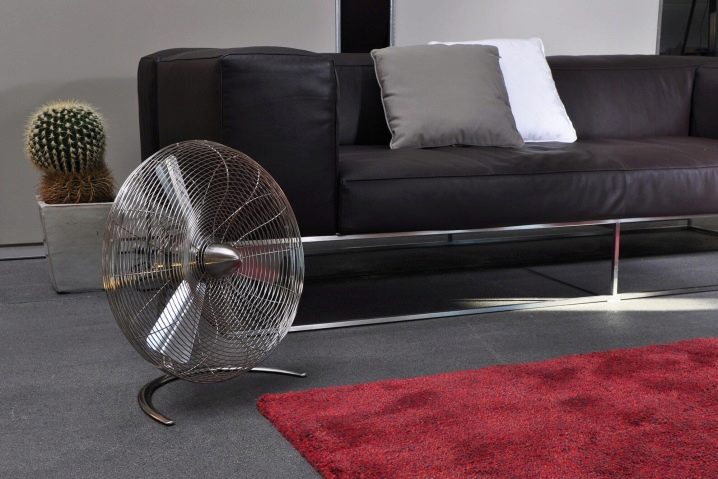
The drop in pressure as the air exits through a slot, which resembles an airplane wing in profile, spirals the surrounding air. A powerful air spiral, similar to a large donut, moves forward along the axis of the ring, intensively dragging the surrounding air with it according to Bernoulli's law and creating a zone of turbulence around it.
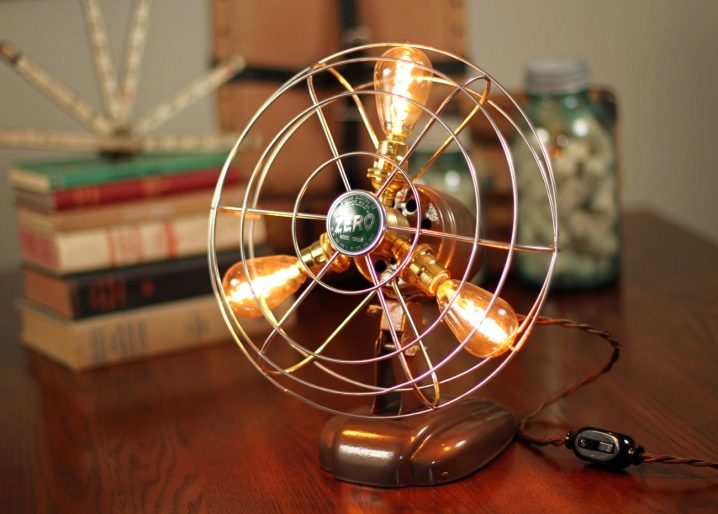
Bladeless fan turbine design is patented, therefore, it is not possible to describe in detail the device of the main unit of the bladeless fan. It is known from open sources that the fan turbine uses Air Multiplier technology. According to an independent examination, the bladeless fan type is one of the quietest and most economical. It is ISO certified.

Operating principle
The tabletop bladeless fan is based on the centrifugal air turbine principle. During operation, a soft air flow arises, which comfortably cools the air in the summer heat. The speed and distribution of the flow do not create drafts. Air is sucked into the device through narrow slots using a bladeless impeller mounted on the shaft of a high-speed motor without a gearbox. The impeller design resembles a gas turbine.
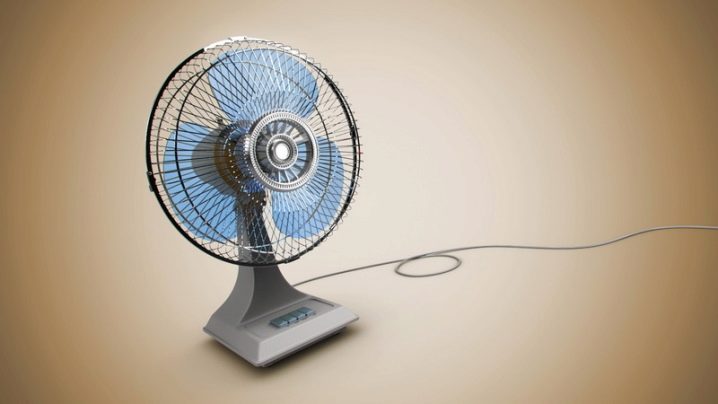
To reduce noise, the intake air passes through the Hemholtz chamber, which absorbs noise due to back resonance. Then the air is fed through a tube to a ring with a slotted hole along the perimeter, which in cross-section resembles an aircraft wing. At the outlet, the air forms a laminar flow, which, due to the aerodynamic profile of the slot, flows out at a high speed, causing a pressure drop in the region of the high-speed air flow.
According to Bernoulli's law, the pressure drop in the high-speed flow zone carries with it the surrounding air, increasing the mass moving at high speed almost fifteen times. The impact of a bladeless fan on the indoor microclimate can be multiplied if the reservoir in the housing is filled with water or a simple ultrasonic humidifier is placed in front of the fan in the direction of air movement. At the same time, the air temperature drops by 3-5 ° C. If more intensive cooling is required, the reservoir can be filled instead of water:
- dry ice (t - 78.5 ° C);
- a mixture of ice and salt (23.1% NaCl, 76.9% ice, temperature - 21.2 ° C);
- a mixture of ice with calcium chloride (29.9% CaCl2, 70.1% ice, t - 55 ° C).
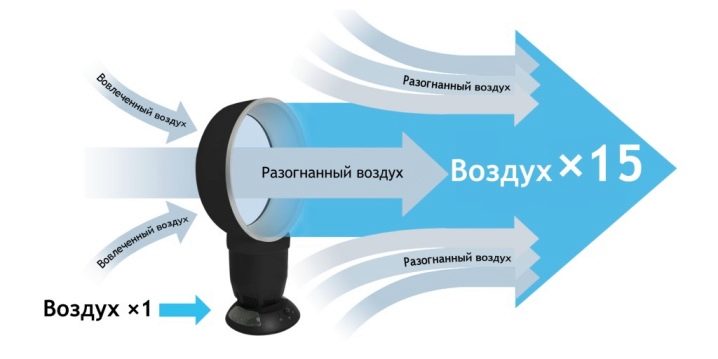
The following year, Exhale Fans launches a ceiling-mounted model of a bladeless fan developed by Nick Heiner. The ceiling fan ensures more correct distribution of cool air along the walls in downdrafts. Compared to the floor-standing model, the innovative fan eliminates turbulent air currents and drafts, and does not take up unnecessary floor space.
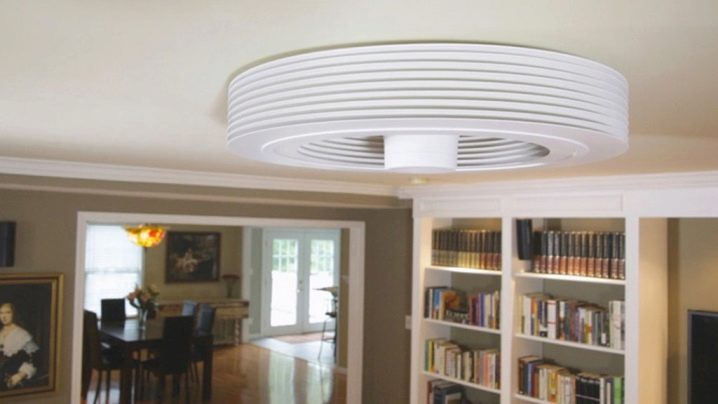
Advantages and disadvantages
Bladeless fans, like other models, have a number of advantages and disadvantages. Advantages:
- there are no open moving parts, this ensures the safety of children and animals;
- do not dry out the air;
- do not require maintenance.
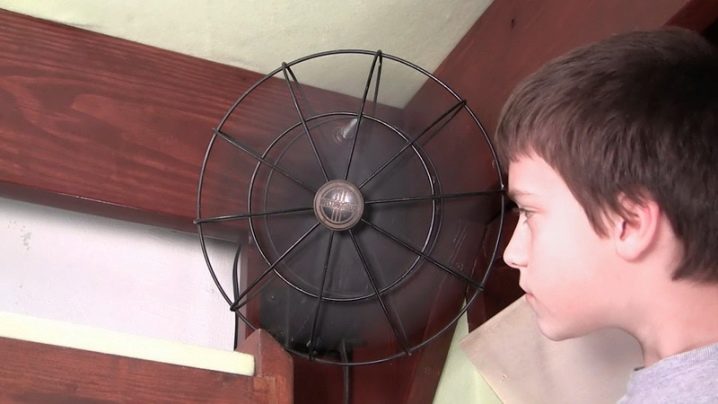
Disadvantages:
- noise during operation about 40 decibels;
- relatively high price;
- fragile body construction.
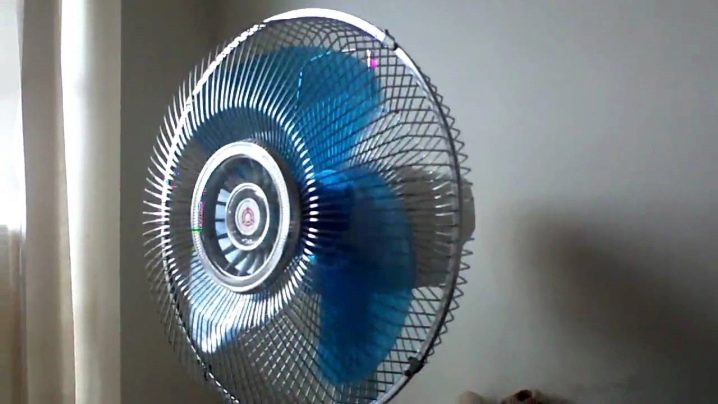
Types of bladeless fans
The desktop fan allows you to supply fresh air to the workplace, cool powerful computer equipment, hot meals and drinks, and carry out aromatherapy at home. It can be easily carried from one place to another. The floor fan is designed to be installed on the floor. High power and air flow rate make it possible to provide comfortable conditions in a separate room, office or apartment. A slight increase in noise is eliminated by moving the device away from the person. The shape and parameters of the fan allow you to completely replace the air in the room in a few hours.

Portable fan can be used on the beach, on a camping trip, caves, desert, tent, train, car, yacht on the high seas. Most portable models are powered by a built-in battery, a computer USB port, more expensive ones are powered by solar panels. Their main advantages are low weight and size, energy autonomy. A special place among portable models is occupied by automobile bladeless fans powered from a 12V vehicle network. They are much cheaper than car air conditioners, they allow you to quickly ventilate the car interior, remove the smells of gasoline, diesel fuel, car enamel, synthetic glue and primer.

How to choose?
First of all, you need to define place for fan installation:
- on the desktop;
- on the ceiling;
- on the floor in the room;
- portable or portable;
- inside the car.

In offices, it is best to use Dyson's desktop or floor models. They are designed for areas where people work and are fully ISO compliant. Inside the fan housing there are:
- high-speed centrifugal turbine;
- electrostatic generator of air ions ozone O3;
- Peltier element for heating (cooling) air;
- ultrasonic emitter for spraying water.
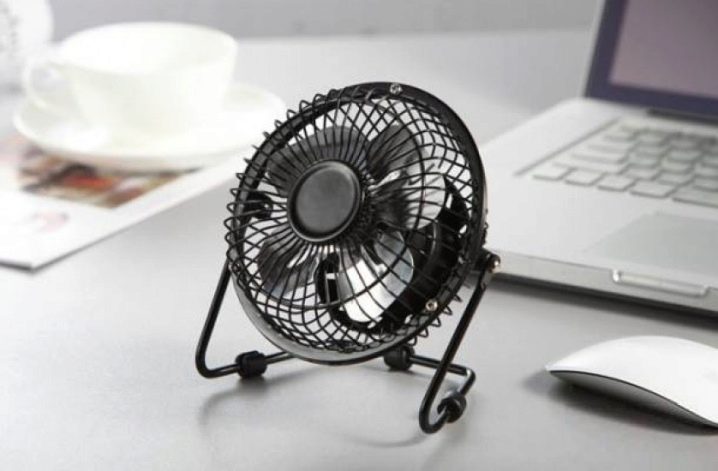
Dyson bladeless fans can serve as an adequate replacement for an air conditioner, an ionizer, with a room volume of up to 40 cubic meters. m.
Care and maintenance
Bladeless fans are durable, they do not require special care and maintenance. Like all household electrical appliances, they must not be turned on if moisture gets inside the case or in rooms with a relative humidity of more than 85%. Before switching on for the first time in a new place, you need to check the voltage in the outlet (220V). Only qualified personnel with an approval group of at least IV can repair the product. Filling the internal reservoir with water can only be done after disconnecting the fan from the mains. If the device has been dropped from a great height, it must be inspected by a specialist before turning it on. This must be done even when the fan is working after a fall and there are no visible cracks or chips on the case.
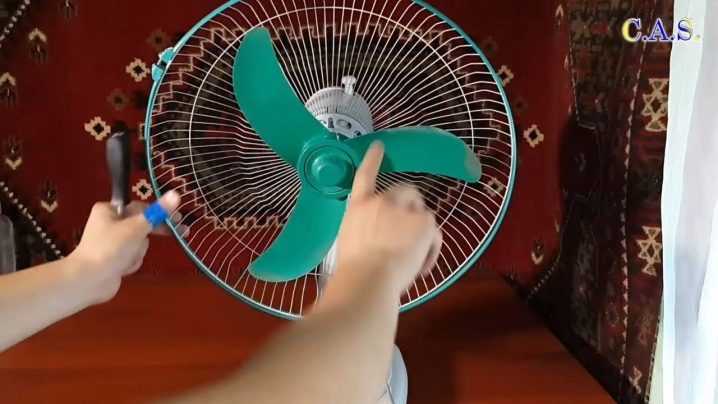
Can you do it yourself?
To assemble a fan with your own hands, you need to have the skills of plumbing and electrical work, as well as purchase all the necessary parts in the store. For a bladeless fan, you need to purchase:
- PVC pipes of various diameters;
- locksaw hacksaw;
- building ruler or tape measure;
- slate pencil or marker;


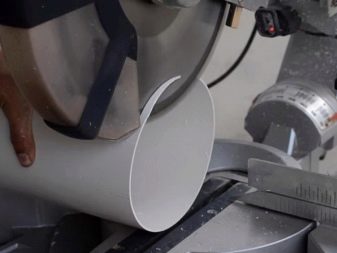
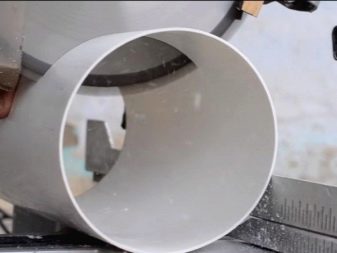
- skin "zero";
- plastic food container for food;
- knife with a sharp blade;
- insulating tape;
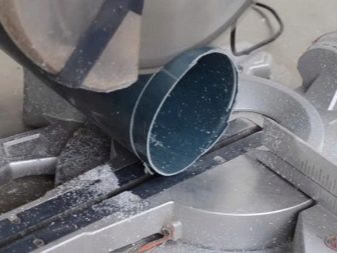
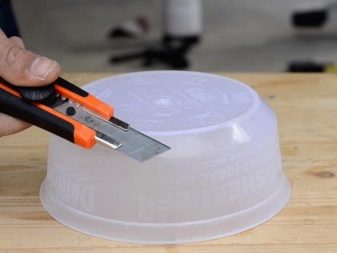
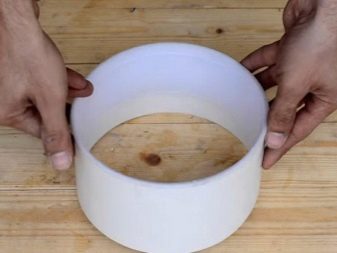

- hammer drill and drills in a set;
- a crown for woodwork;
- universal glue;
- a piece of fiberglass for window insulation;

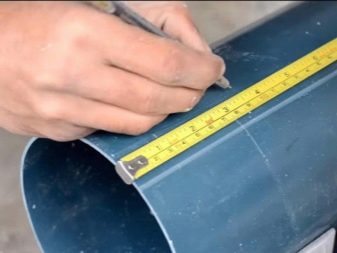
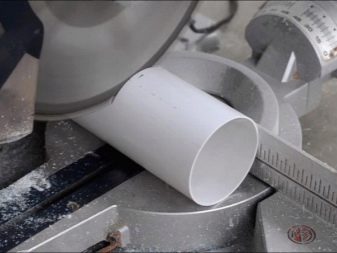
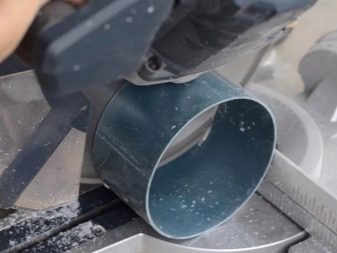
- electric jigsaw;
- nitro enamel in an aerosol can;
- LED tape;
- electric soldering iron 220V;
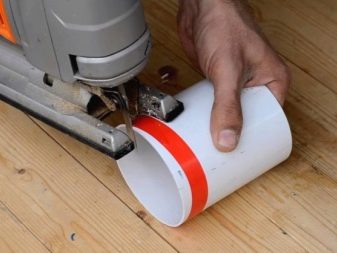
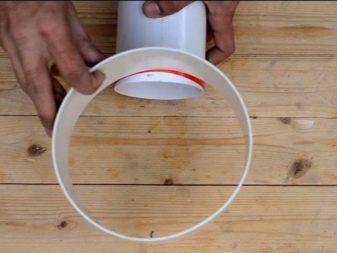


- case cooler for a computer 120x120 mm;
- unreinforced heat shrinkage;
- a set of electrical wires;
- universal screwdriver with replaceable blades;


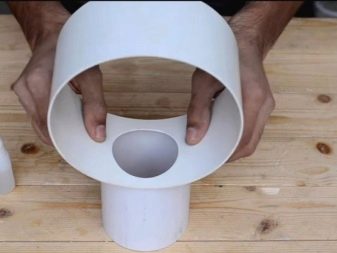
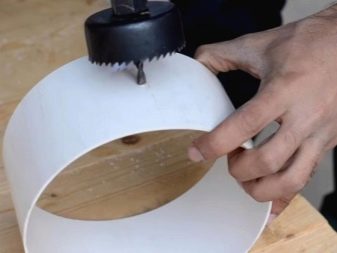
- a set of fasteners;
- locksmith scissors;
- polymer mesh for air ducts;
- electric thermo gun;

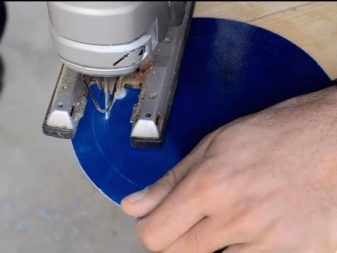
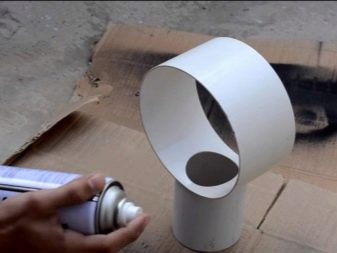

- Æ3.5 mm audio connector assembly (male and female);
- universal pliers;
- electrical switch 220V;
- gas cylinder with a burner;
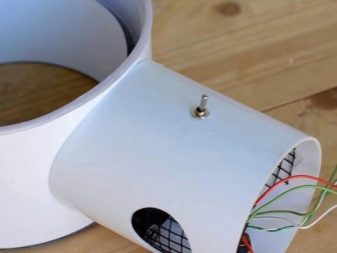
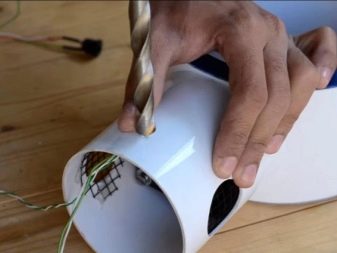
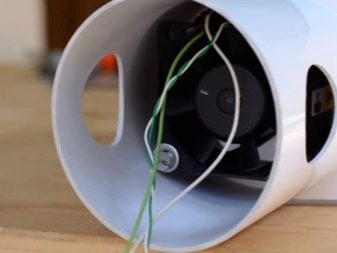
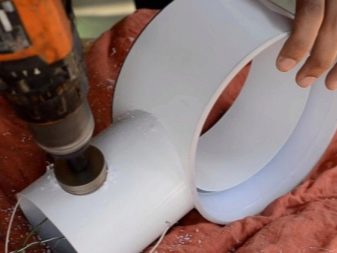
- blank for a printed circuit board from getinax;
- nichrome wire potentiometer;
- case Schottky diode, NE555 microcircuit;
- capacitors, resistors, diodes;
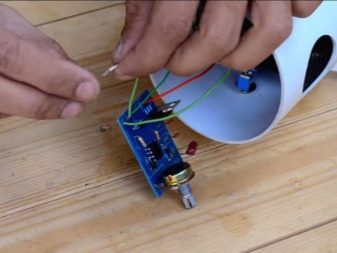
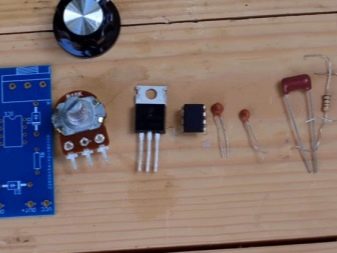
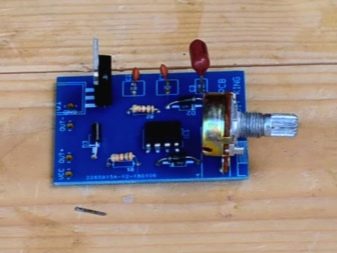
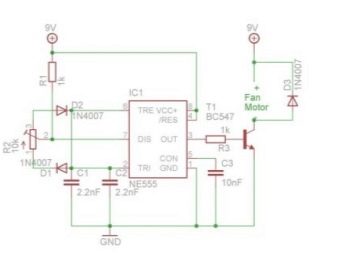
- rubber feet for the stand;
- universal power supply unit.
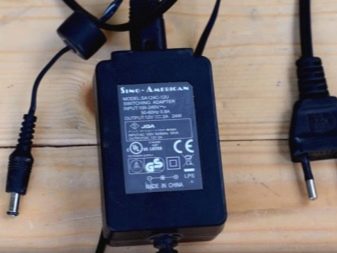
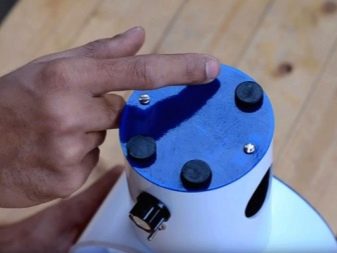
The assembly sequence is shown in the figures.
Reviews
Despite the conservatism of thinking, immediately after their appearance, bladeless fans began to confidently form their niche of consumers in the technology market for creating a comfortable microclimate in an apartment and office premises. Buyers of bladeless air conditioners note as advantages:
- high performance with small dimensions;
- lack of cold air flow when the air conditioner is operating;
- no need for periodic maintenance;
- convenience when changing the location of the office - no need to call specialists to install and fill the system with freon;
- there is no vibration of windows and the characteristic noise of the compressor during operation;
- simplicity of control - no handles for compressor mode and air damper control;
- there is no need to periodically drain the condensate from the sump.
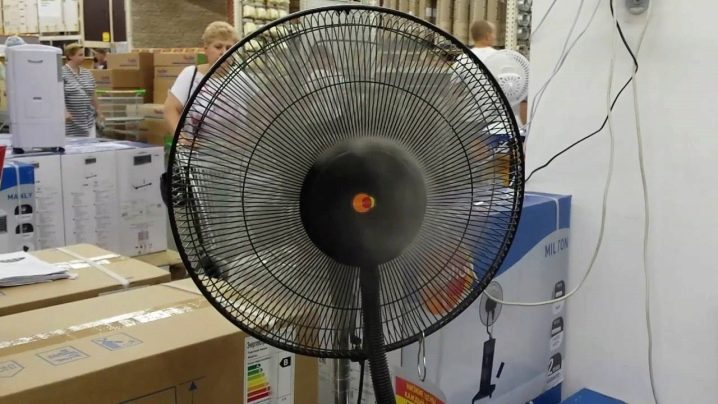
About 0.1% of buyers report increased operating noise. According to experts, the noise from the turbine of a bladeless air conditioner is much lower than that coming from the street through windows or from a working system unit of a conventional computer.
For information on how to make a fan with your own hands, see the next video.













The comment was sent successfully.